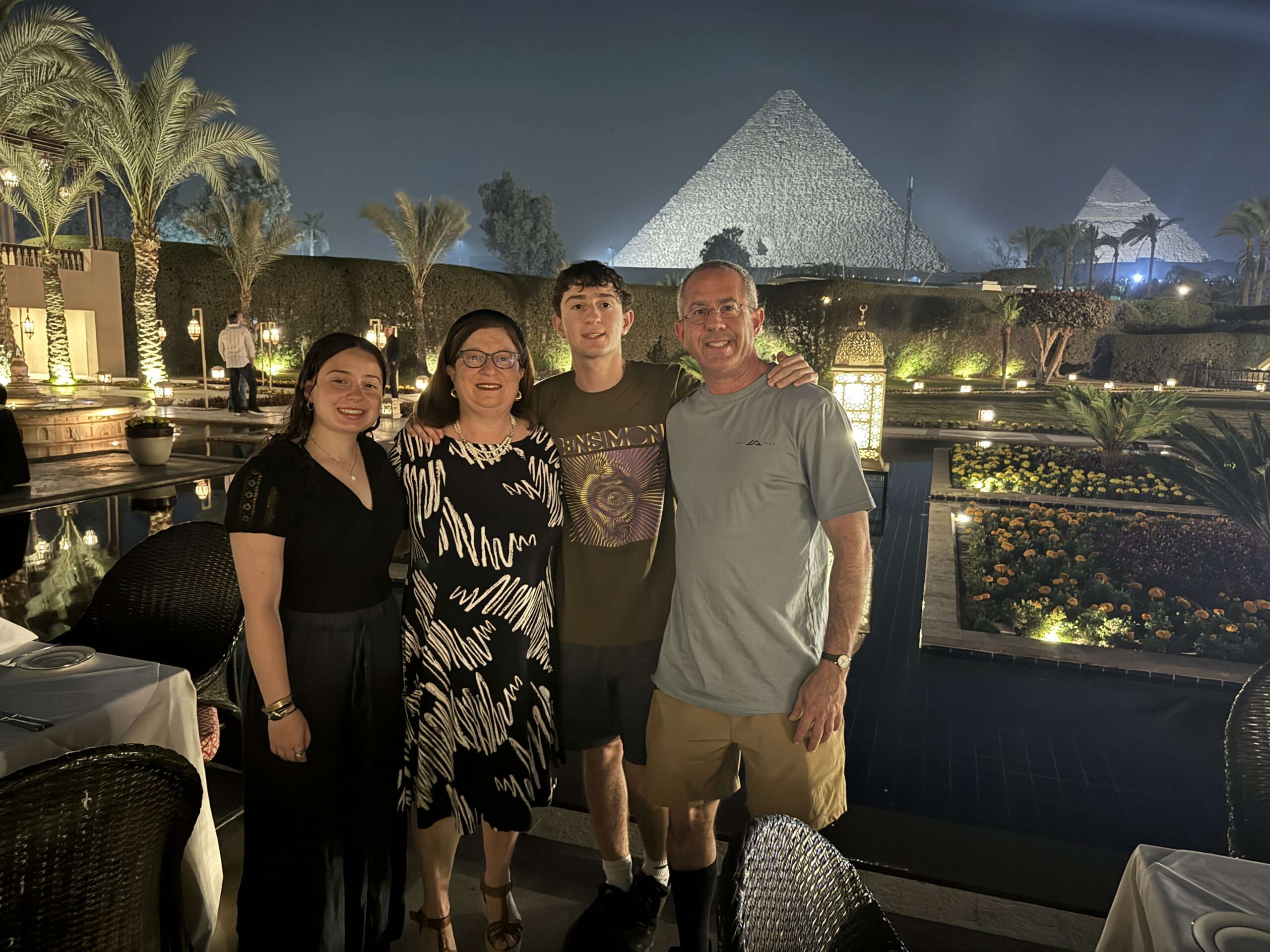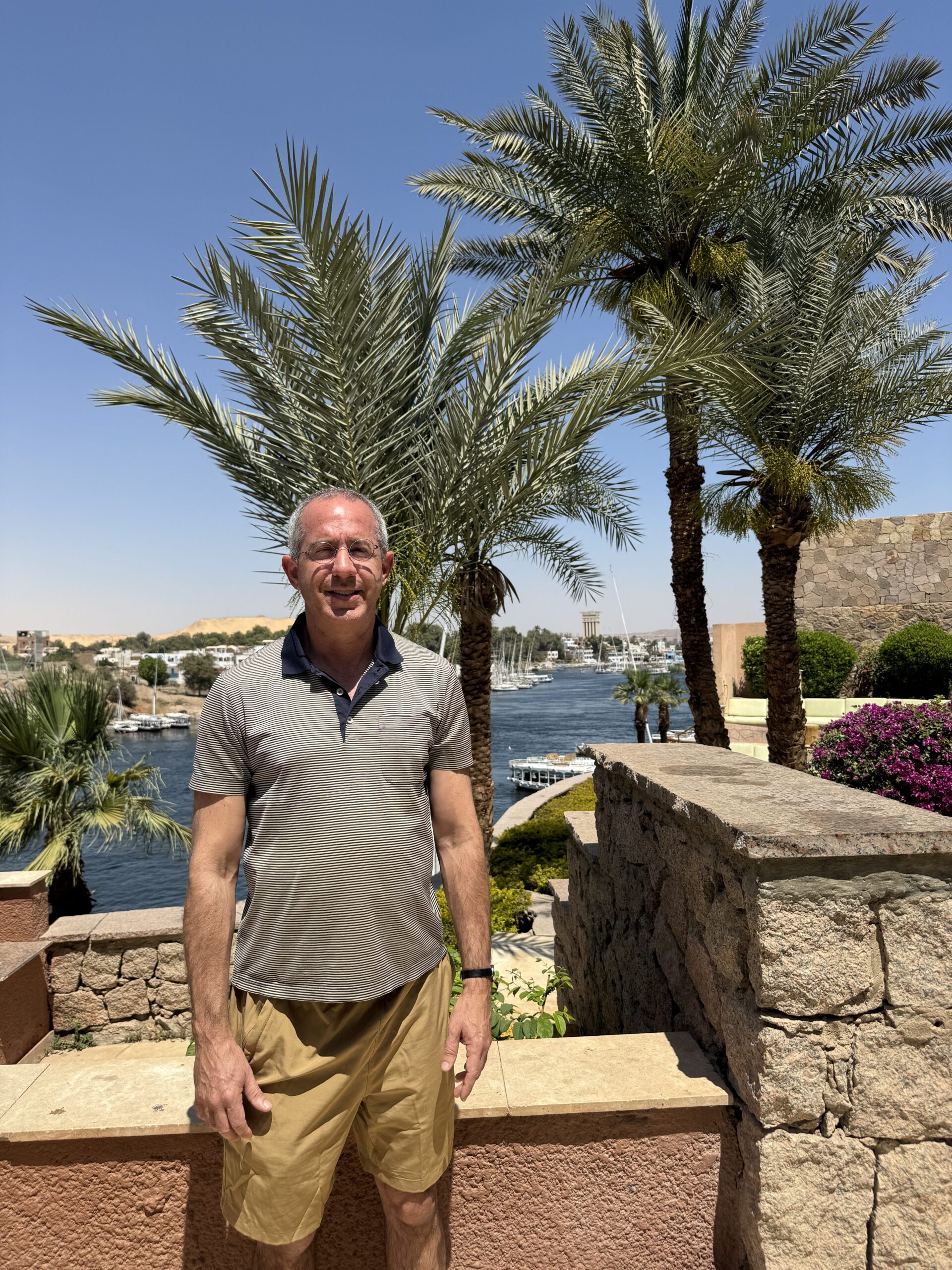This is a followup note to my comments about Tisha B’Av written a few years ago questioning continued relevance of the holiday at a time when most goals of zionism have been achieved. Tisha B’av is the saddest day of the Jewish year, a fast day commemorating the destruction of the Holy Temple, the diaspora of the Jewish people and any and all evils that befell Jews during history.
Earlier today Rabbi Ari Berman (of the Jewish Center, a major Orthodox synagogue in New York City) sermonized about Tisha B’av. He wondered aloud if the holiday was relevant in an era of a united Jerusalem under Israeli sovereignty. He referred to the time-worn discussion of the idea that the temple was destroyed due to Sinat Chinam (baseless hatred) among Jews which serves as a modern-day rationalization for continued observance of the holiday (meaning we should remember to avoid it). He took issue with this concept, noting that people who hate have reasons in their own mind for doing so. He quoted a historical authority known as the N’Ziv who defined such hatred as religiously observant Jews who nevertheless looked down upon people who acted and looked differently than they did and considered them to be lacking in fear of God and to be ignoramuses. This led to physical violence and the fall from power politically as well as with regard to the control over the temple. Rabbi Berman was aghast at posters in Israel calling Barak a traitor and the trend toward intolerance within the Orthodox community of those with different opinions and worried that the Jews were on their way to destroying themselves once again if they didn’t see a contemporary lesson from Tisha B’av. He quoted Rabbi Kook, a historical zionist and religious visionary, as calling for the countering of Sinat Chinam with Ahavas Chinam (baseless love) but criticized this as patronizing and instead directed the audience to a rabbi who founded Yeshivat Gush Etzion who defined Ahavas Chinam as finding value and merit to the contributions of secular Israelis to the state and loving them for that.
I think Rabbi Berman hit something here; today’s Orthodox Jew has become so mired in chasing bogeymen and false values that it has forgotten some fundamental values from within. The Jewish Week newspaper headlined this weekend that there is a new sense of self-criticism within the religious community toward charismatic leaders and community proselytizers who, in the name of Orthodoxy, told children that they should go against their parents and become more observant. It has become more important to hate Arabs and anyone who might consider making peace with them and give up any part of the biblical land of Israel than to want to deal with creating better relationships among Jews or building Israel itself (ie: the Galilee, Negev). Meanwhile, the National Religious Party has become a fringe of what it was and the orthodox rabbinate is losing influence and moral authority in the country as a whole.
It bothered me that recently I delivered a speech of 8,000 words on the state of affairs in the Middle East and the American Jewish community (Bush’s convention speech was 3,800 words and much fluffier) to 150 Orthodox elites and got no comments about any of my ideas about how to improve Jewish infrastructure, solve intra-communal conflicts, and create a new generation of leadership. All of the feedback concerned what those in the audience considered my rose-tinted view of the Palestinian enemy. Never mind that the point of the speech was not me talking about what I wanted for Israel but what I observed Israelis to be feeling and doing.
I received rather vituperative responses to an article recently posted to the site titled Rethinking Prayer Services for the 21st Century. It outlined my historical observation that the concept of the synagogue service as it currently exists is not as historically sacrosanct as we make it out to be, and my concern that people are voting with their feet and decorum levels are dangerously down, making less participation in services likely in the next generation unless changes are made. People asked how I could be orthodox and say such things. Meanwhile, I haven’t heard a word of comment about my other articles proposing methods of increasing religious study among all denominations of Jews, making the rabbinical and community leadership professions more enviable, creating pride-building events and leadership-building institutions. Any time one comes forth with all sorts of ideas on a variety of platforms, it goes with the territory that some are bound to be pissed off. Someone asked me if I am happier than usual at attracting hostile attention? I said no way; i have enough anxiety problems to deal with. By the way, Jews for Jesus reacted favorably to my website; I told them Thanks but no thanks; I at least consider myself rather firmly planted in the Orthodox camp with no interest in shifting gears.
The point of this message at Tisha B’av is that today’s Orthodox leaders are self-destructing if they insist on requiring everyone to toe some kind of party line such as sticking to empty rhetorical ideas such as a united Jerusalem under Israeli sovereignty and demanding conversion of all Jews only according to unrealistically strict rules. This puritan-like mentality of casting aspersions on everyone else’s motives and religious levels of purity is a self-destructive phenomena that has not worked 2,000 years ago any more than it will work today. Reality demands that leaders begin to prepare their publics for a more compromising posture and show the courage to permit that which is not expressly forbidden; it doesn’t take much of a genius to forbid everything that is not expressly forbidden. Even the Arab states are coming down from their purity perches and are preparing to make compromises with Israel on the most sensitive issues. The Iranian clergy just recently allowed women prayer services. We are actually becoming more fundamentalist than the Iranians as our leaders fail to grip that modern-educated women want expanded roles in religious rituals, no matter how much they claim to be getting with the program. Halacha, meaning Orthodox Jewish law, is not meant to be stuck in the mud and those who claim it is are abdicating their responsibility to be leaders; the values of Halacha (a word that itself connotes a sense of motion) are timeless but also most relevant when they are flexible enough to deal with reality and not as a crutch against it. Fortunately, I believe we have passed the high point of the fundamentalist curve and we will see a trend toward liberalization over the next decade; this trend is in all religions, by the way.
Meanwhile, we who disagree shall have to learn not only to love each other in the patronizing sense so far advocated, but to push beyond and convince ourselves as to good reasons why we should; the lesson of Tisha B’av is that our survival requires it.





